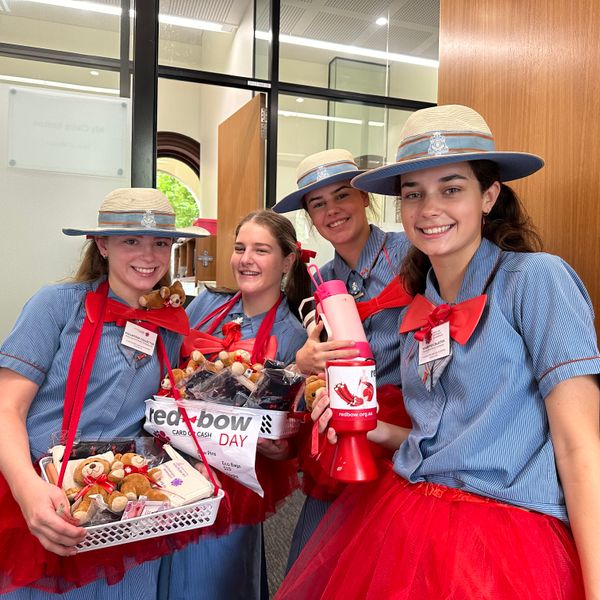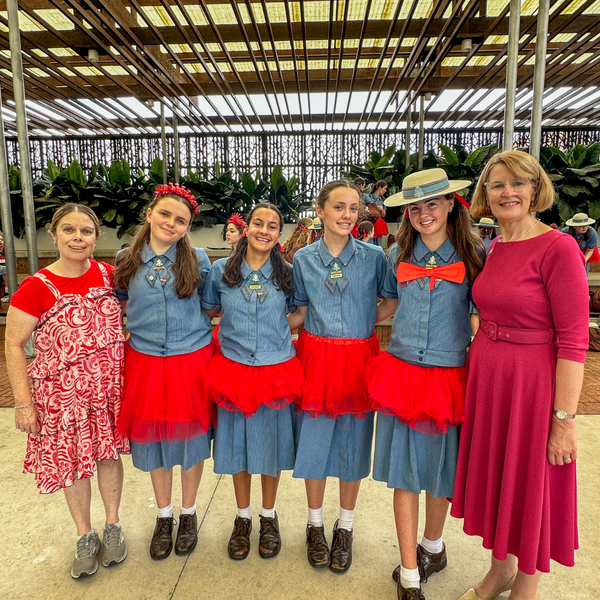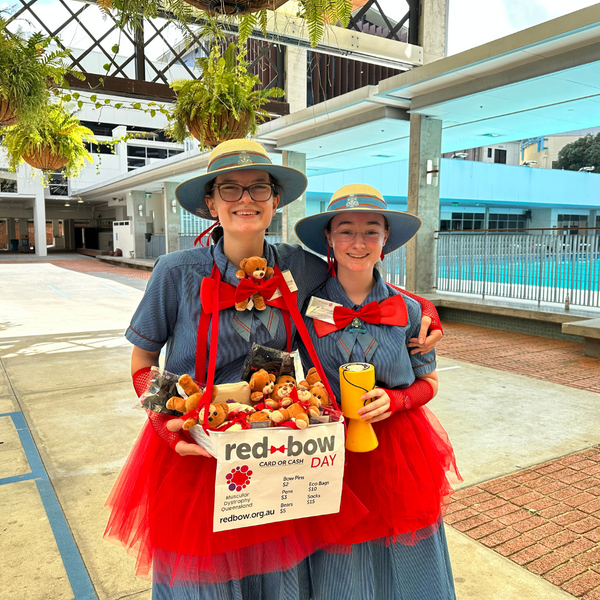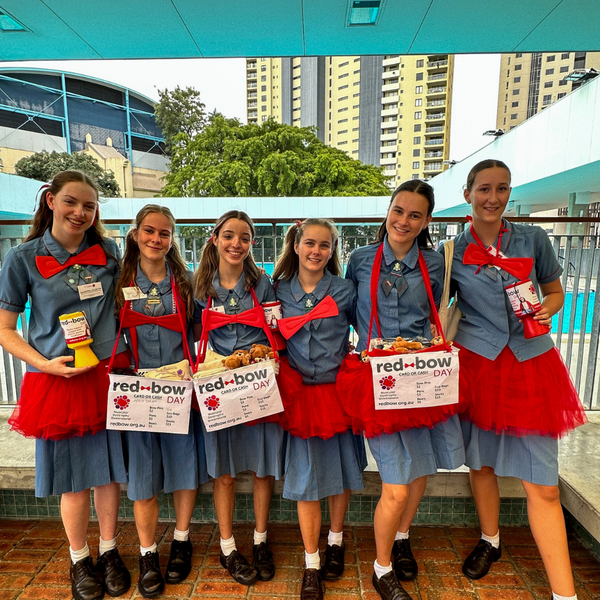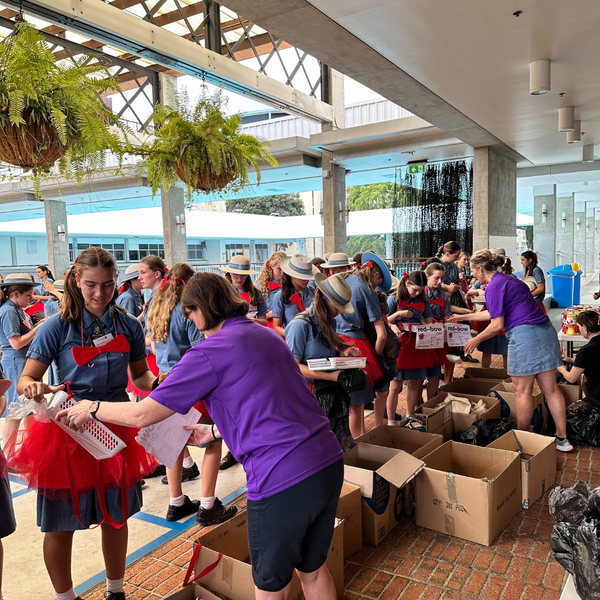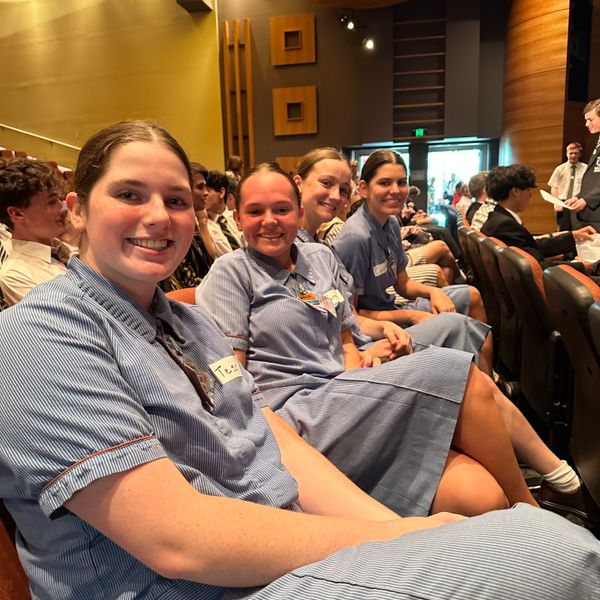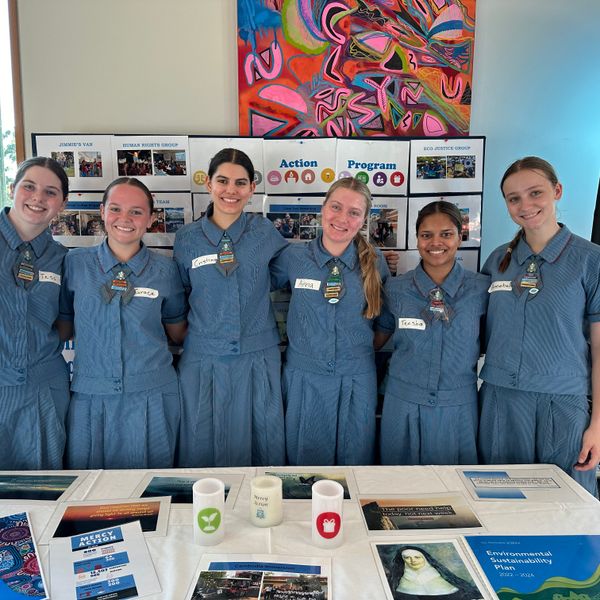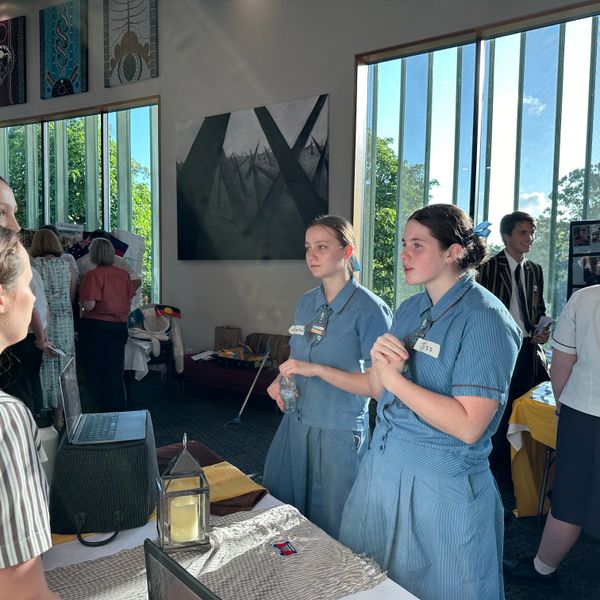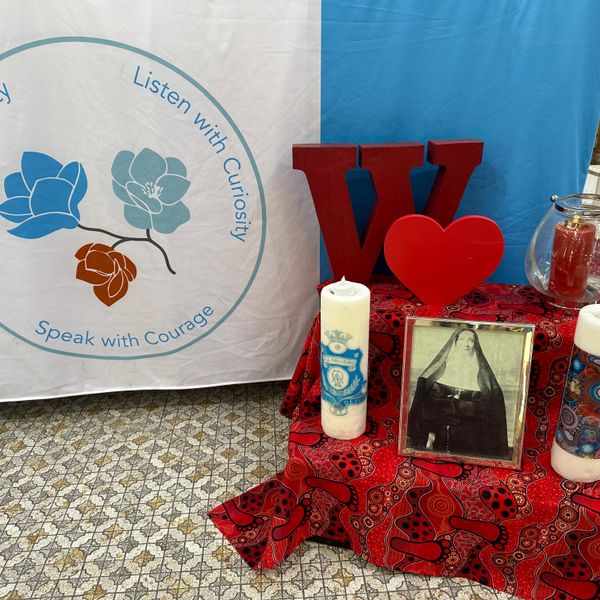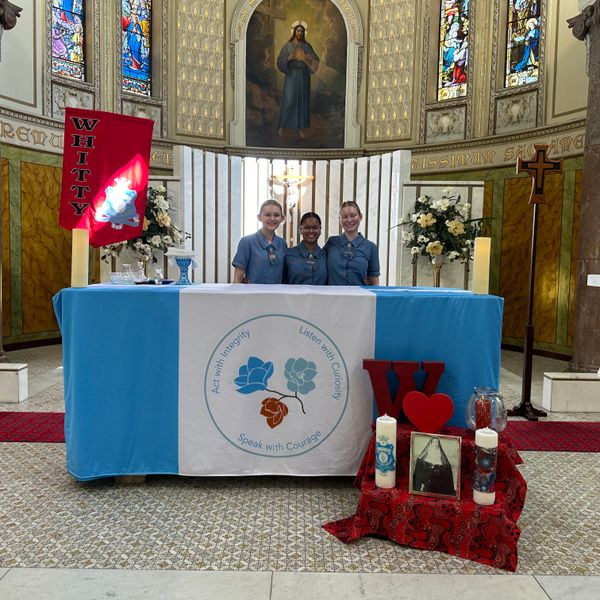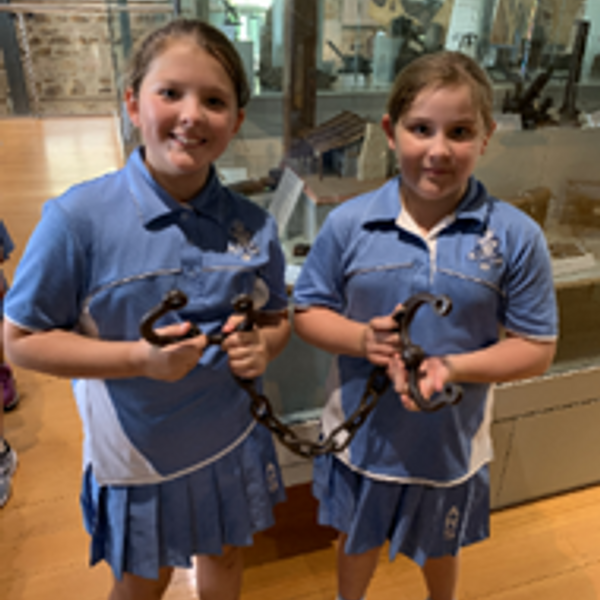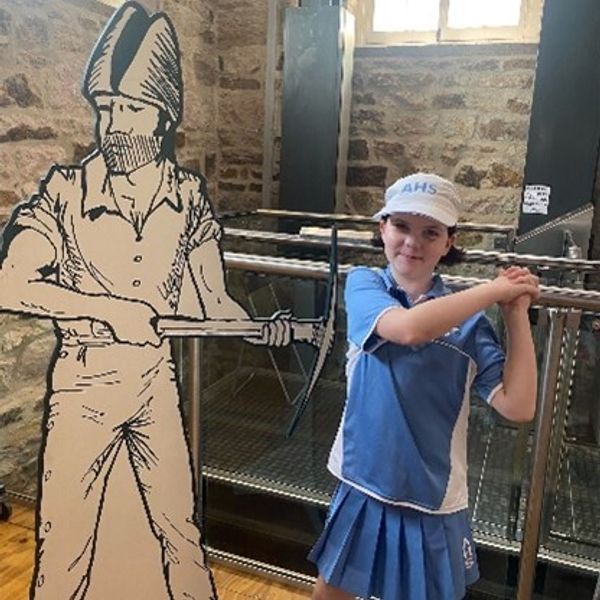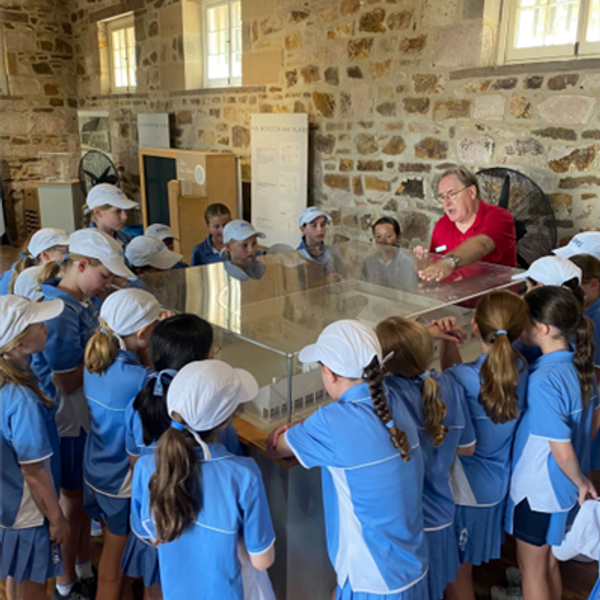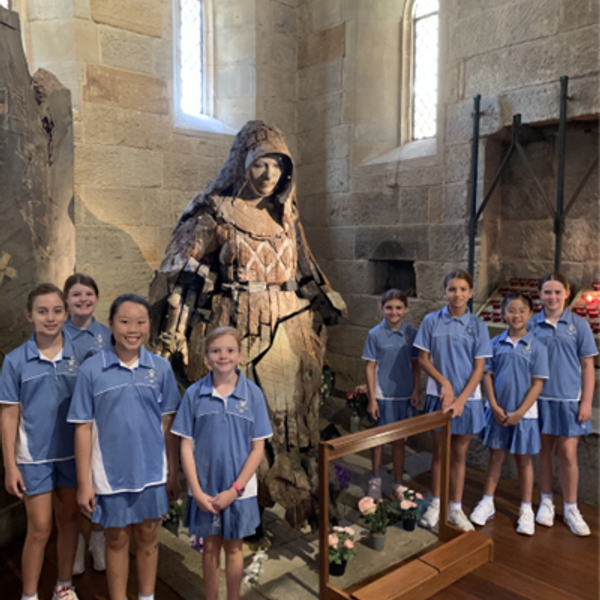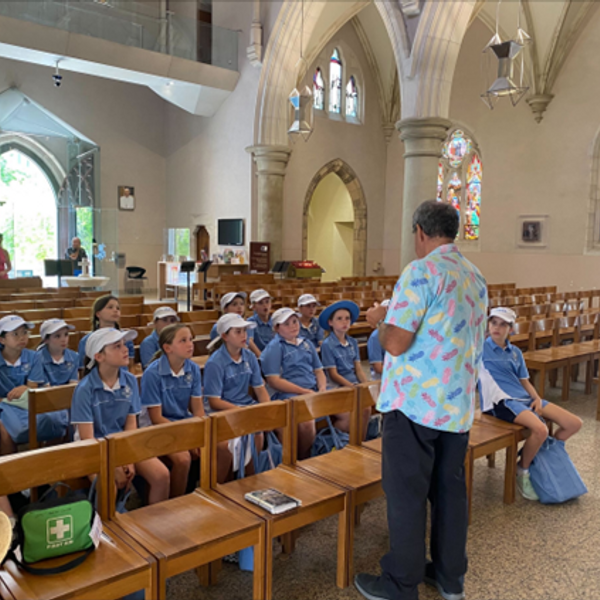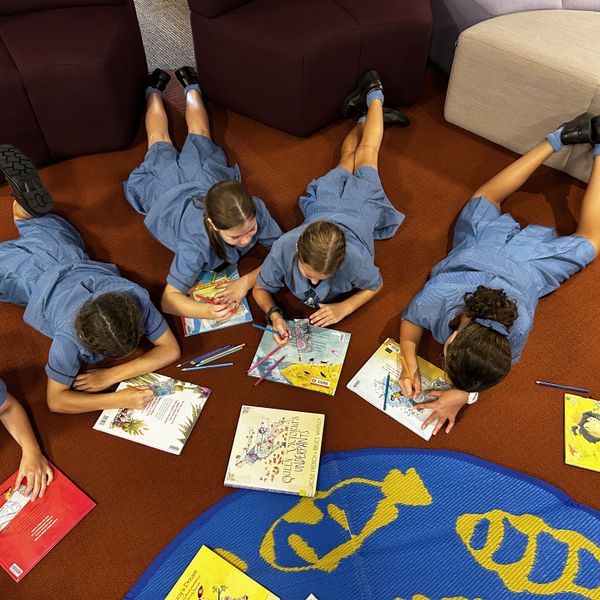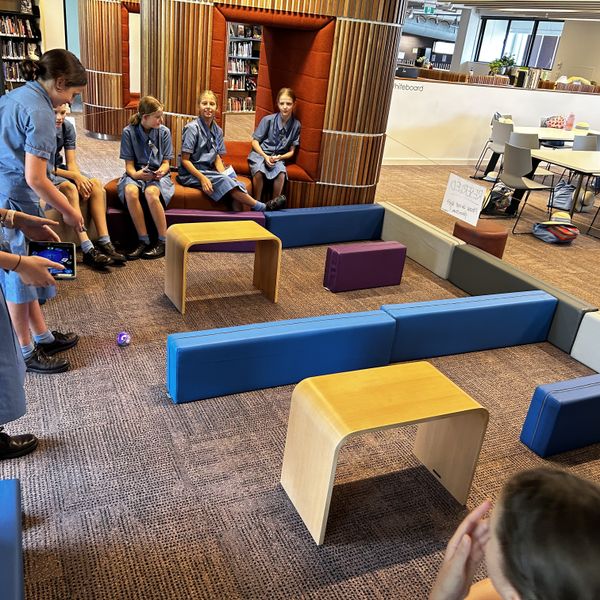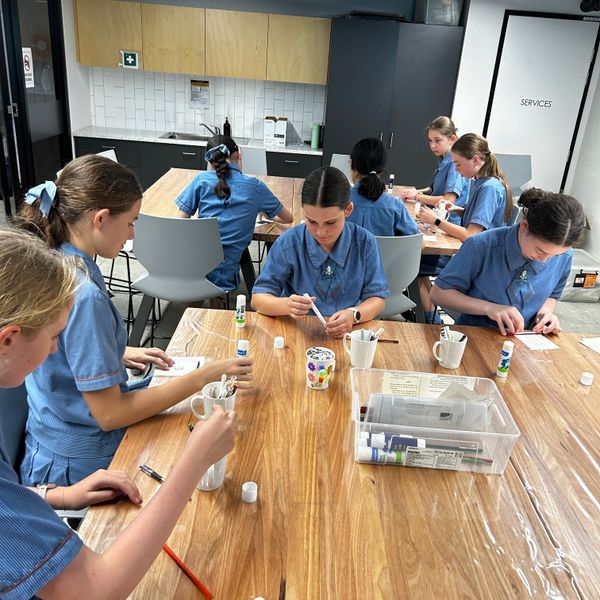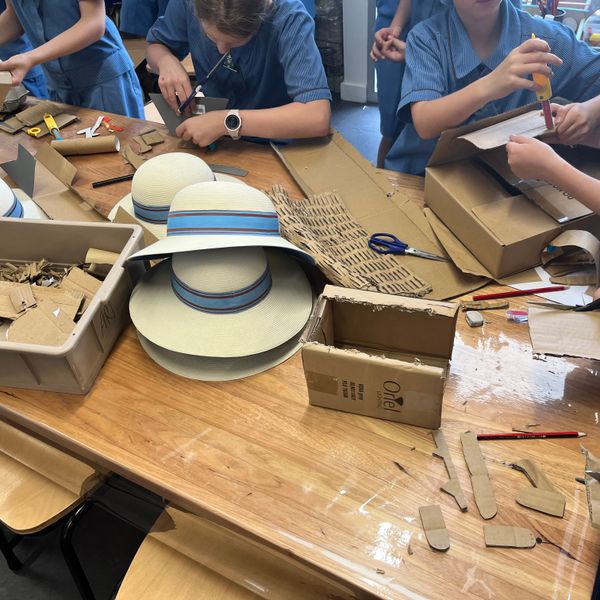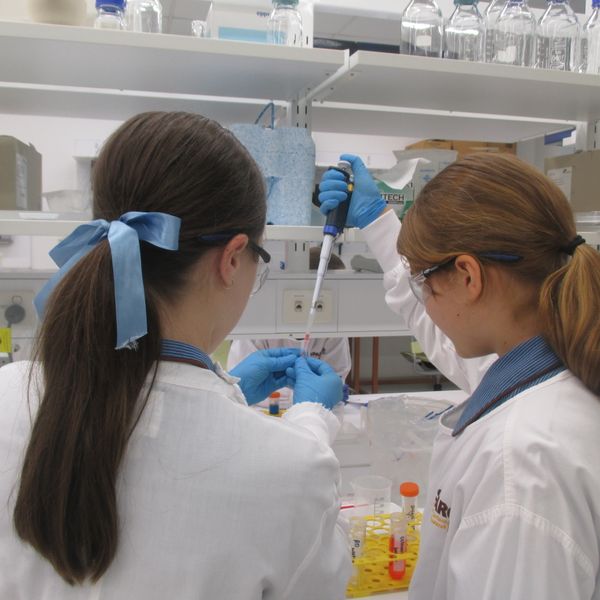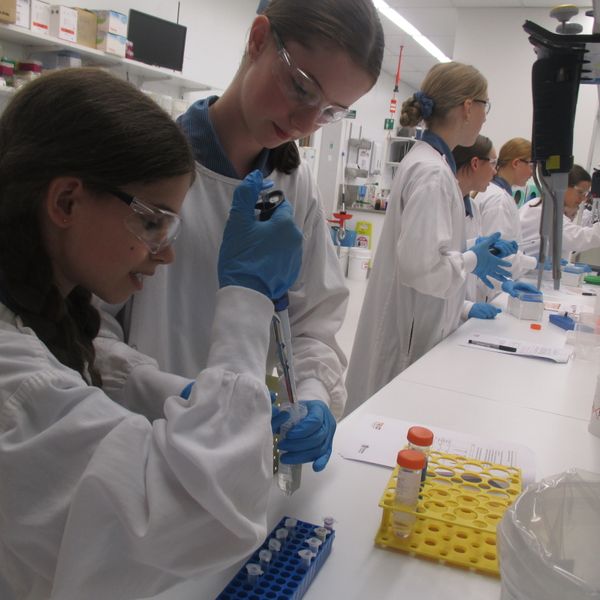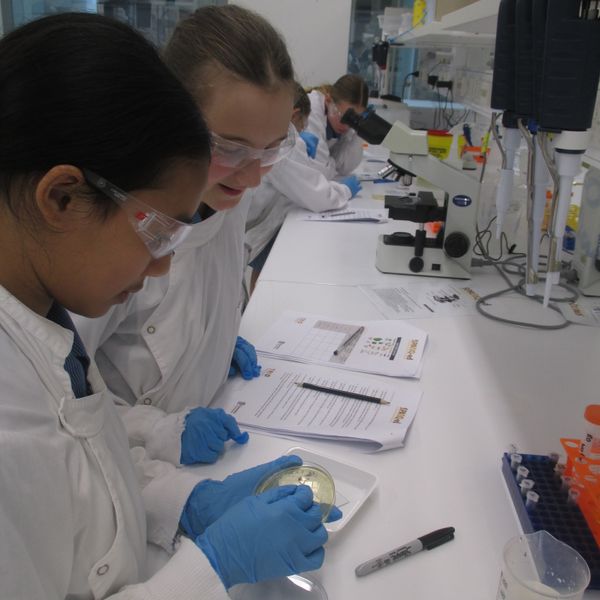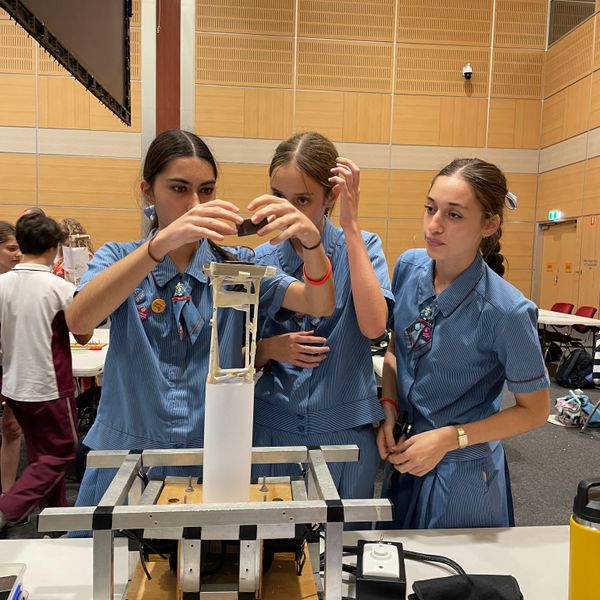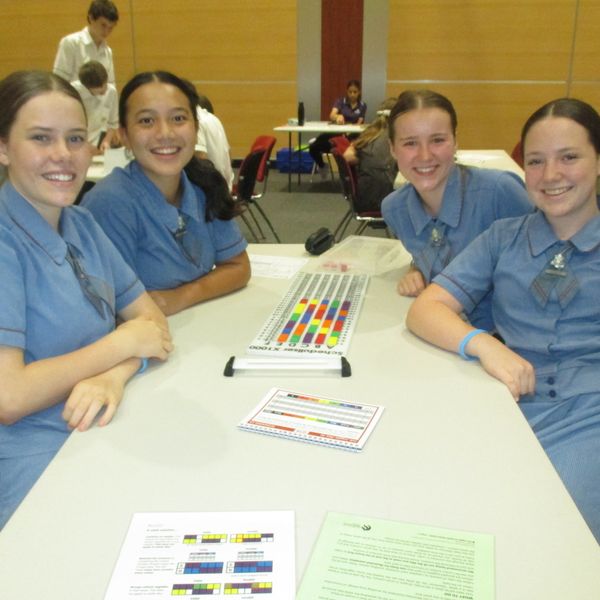Friday 9 February
Some very excited Y8 students recently embarked on a trip to the Translational Research Institute (TRI) located within the Princess Alexandra Hospital campus in Woolloongabba, Brisbane.
The day consisted of a workshop where students learned how cells respond to various concentrations of salt solution. They learned about the cell cycle and analysed time-lapse movies to make observations on the effects of potential anti-cancer treatments on cancer cells. The day was centred around an involved laboratory experience for students. It was a fantastic opportunity for some of the younger students at AHS to have an authentic scientific laboratory experience in a dedicated research centre.
I would like to thank Lauren Bailey and Tamika Rafferty for taking the time to accompany and supervise our students in this rewarding opportunity.
Student Reflections
The biology excursion was an incredible experience! Through this opportunity, I learned many new skills. I learned how to use several pieces of scientific equipment, and I was also able to observe the reaction of HeLa cells to different concentrations of saline solution. Additionally, we had the opportunity to discover if a certain bacteria was gram negative or gram positive with the help of several liquids. We met several inspirational people, including a cancer specialist and a scientist. Overall, this was an amazing opportunity that I am extremely thankful that I was able to participate in this excursion.
Arabella Mair (Y8 AD2)
My experience at the science excursion was not only really fun but a really good way to learn lots while having fun. I loved getting to use all the lab equipment and working with cancer cells and bacteria cells. It was a unique experience. The instructors were very knowledgeable, enthusiastic, and supportive throughout the excursion, and they helped us understand the science behind each experiment we conducted. I also appreciated the emphasis on safety protocols, which made me feel confident and secure while working in the lab. Overall, it was a fantastic experience that enhanced my passion for science and inspired me to pursue further studies in this field.
Darcey Cutler (Y8 TI7)
My experience in this opportunity was very inspiring and eye opening to be able to be put in a working lab where people are actively working to try to cure cancer – a disease that effects many families, mine included, and to have a chance to see the incites to their amazing work. This day really gave me food for thought for me and my peers and for when we leave high school about the opportunity to work with great minds and possibly change the world.
My favourite activities in this course were the HeLa cancer cell experiment and the e. Coli bacteria experiment. In the HeLa cell experiment we got to add different levels of sodium chloride water to the cancer cells and then look at it under the microscope. When we were doing this, a cancer researcher came in and had a look at what we were doing. I think it is so cool that this man who came in is trying to cure cancer for his job.
My lab partner and I got the e. Coli, and because that bacteria comes from the intestines, it actually smelt. It was disgusting! The e. Coli bacteria experiment was definitely my favourite because there were so many steps. We had to add lots of different liquids over the sample and then we got to look at it under the microscope too! First, we put the bacteria over a heat source to help it stick to the microscope slide. We then poured crystel violet stain, idoine, decolourizer and safranin stain over the bacteria one at time giving the liquid time to soak in too. After the liquid was on the slide and the bacteria for one minute, we had to dip the slide in water to wash off the excess. It was so fun using the pipettes to pour all the different liquids over the sample.
It was so fun and a super eye-opening experience to the world and the fact that we have the power to change it.
Olive Martin (Y8 AD4)
Participating in the TRI Spark-Ed Science Program was a remarkable experience, and I was so happy when I found out that I had been accepted. At TRI we got to go into a P2 laboratory which is quite amazing because we were able to use certain chemicals, cells, and bacteria that you cannot in the standard P1 laboratory.
Throughout, we learned about and used micropipettes which was really interesting as before the excursion I had never heard of a micropipette. In the afternoon, we started looking at HeLa cancer cells and how they would react to different solutions being added. Additionally, we had hands-on experience working with a diverse range of bacteria, including E. coli, B. subtilis, M. Luteus and S. epidermidis under the microscope.
Among the many fascinating experiences, my personal favourite was when we had a look at what happened to the E. coli following a gram staining procedure on it. I found this really interesting as just by looking at the bacteria under the microscope we could tell things like if the bacteria were Gram negative or positive, if the cell shape (cocci or bacilli), and the cluster pattern they exhibited.
In conclusion, the TRI Spark-Ed Science Program provided an amazing opportunity for hands-on learning and exposure to laboratory procedures and equipment. After doing this program I have thought about wanting to do something like this as my career path and it has broadened my scientific knowledge and curiosity.
Lily Grant (Y8 AD8)




